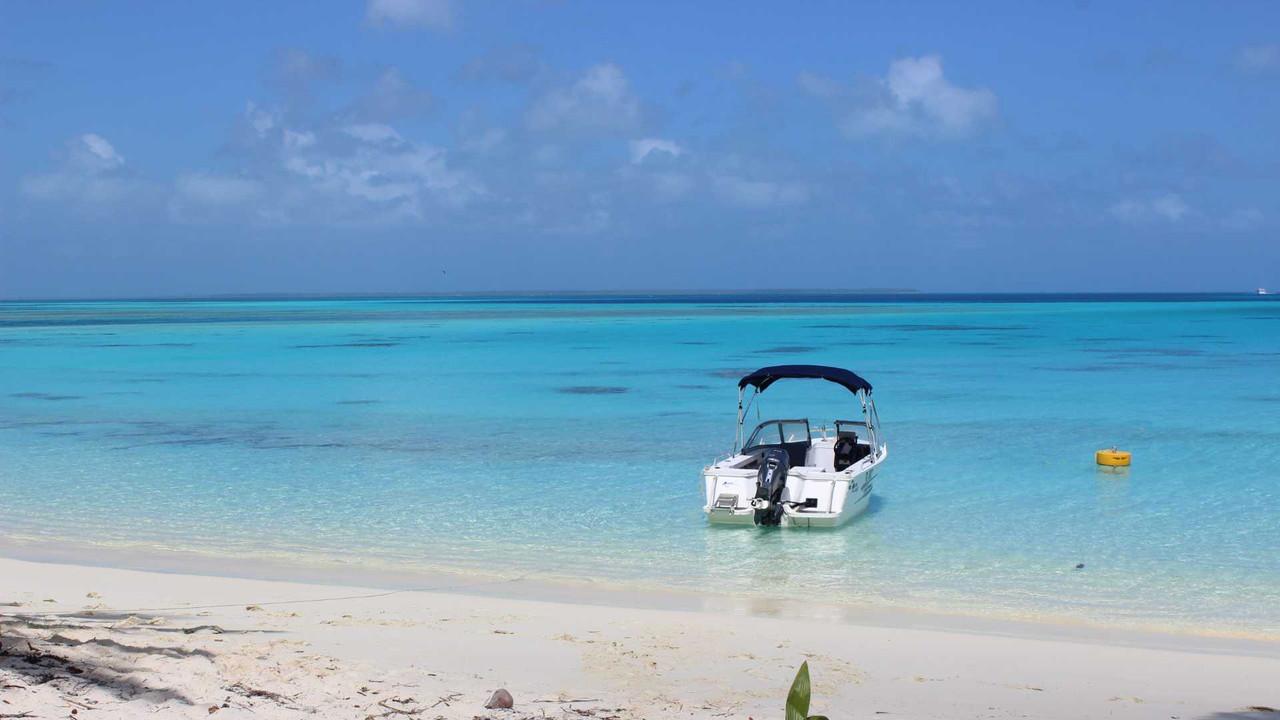Cocos (Keeling) Islands
Salary and Compensation Insights
Explore salary structures and compensation details in Cocos (Keeling) Islands

Market competitive salaries
Understanding market competitive salaries in the Cocos (Keeling) Islands presents a challenge due to the island's small population and limited economic activity. Market competitive salaries represent the total compensation package that an employer needs to offer to attract and retain qualified employees for a specific position. It takes into account several factors such as demand and supply, cost of living, and qualifications and experience.
Demand and Supply
Jobs in high demand with a limited talent pool will command higher salaries. In a small island like the Cocos (Keeling) Islands, this dynamic might be less prominent.
Cost of Living
Salaries need to be sufficient to cover basic necessities and desired lifestyles in a particular location. Cost of living information for the Cocos (Keeling) Islands is scarce, but it's likely higher than average Australian costs due to remoteness and import reliance.
Qualifications and Experience
Employees with specialized skills and experience typically earn more. However, the talent pool on the Islands might be restricted for certain positions.
While the concept of market competitive salaries applies, obtaining reliable data for the Cocos (Keeling) Islands is difficult due to limited economic activity, small population, and data scarcity.
Limitations of Market Data
The Cocos (Keeling) Islands' economy is concentrated on tourism and public administration, with a small private sector. This limits the number and variety of salaried positions available. With a population of around 550, a true market competition for a wide range of professions might be limited. Due to the limited economic activity and small population, comprehensive salary surveys or data collection efforts are likely unavailable for the Cocos (Keeling) Islands.
Alternative Approaches
Given the limitations of market data, consider these alternative approaches to estimate competitive salaries in the Cocos (Keeling) Islands:
- Australian Salary Benchmarks: Look for salary data for similar positions in regional Western Australia or remote Australian territories. Adjust for any cost-of-living differences between the Cocos (Keeling) Islands and the chosen reference point.
- Job Postings: Analyze job postings for similar positions advertised by government agencies or businesses operating on the Islands. This can give you insights into the salary ranges they offer.
- Contacting Local Employers: If possible, reach out to human resource departments of relevant organizations in the Cocos (Keeling) Islands for salary guidance.
Minimum wage
Determining a minimum wage specifically for the Cocos (Keeling) Islands is challenging due to their administrative structure. The Cocos (Keeling) Islands are an external territory of Australia. Consequently, Australian minimum wage regulations likely apply. The Fair Work Act 2009 (Cth) establishes minimum wages for various classifications of employees across Australia.
While the Fair Work Act applies broadly, some exemptions or specific modifications might exist for remote territories like the Cocos (Keeling) Islands. Due to the small scale of the Cocos (Keeling) Islands' economy, there might be limited local information readily available regarding minimum wage specifics or potential variations from the national Australian standards.
Cocos (Keeling) Islands Under Australian Law
The Australian Minimum Wage applies to the Cocos (Keeling) Islands as they are an external territory of Australia. The Fair Work Act 2009 (Cth) establishes minimum wages for various classifications of employees across Australia.
Important Note
While the Fair Work Act applies broadly, some exemptions or specific modifications might exist for remote territories like the Cocos (Keeling) Islands.
Limited Local Information
Due to the small scale of the Cocos (Keeling) Islands' economy, there might be limited local information readily available regarding minimum wage specifics or potential variations from the national Australian standards.
Recommendations for Further Research
The Fair Work Ombudsman is an Australian government agency responsible for workplace relations. Their website provides information about minimum wages and awards. Reaching out to the relevant government body in the Cocos (Keeling) Islands might yield more specific details on any local modifications to the national minimum wage.
Bonuses and allowances
In the Cocos (Keeling) Islands, an Australian external territory, employee benefits may include various allowances and bonuses.
Potential Allowances
- Cost-of-Living Allowance (COLA): The remoteness of the islands may necessitate a COLA to offset potentially higher living expenses compared to mainland Australia.
- Housing Allowance: Given the limited accommodation options on the islands, employers may provide housing allowances or arrange company housing.
These allowances are prevalent in remote regions of Australia.
Potential Bonuses
- Performance Bonuses: Bonuses tied to achieving specific job targets or exceeding expectations are common across various industries.
- Sign-on Bonuses: Employers may incentivize recruitment with sign-on bonuses, especially for hard-to-fill positions.
These bonus structures are standard practice in many countries, including Australia.
Payroll cycle
In the Cocos (Keeling) Islands, an Australian external territory, payroll practices adhere to Australian federal workplace laws. These are outlined in the Fair Work Act 2007 (Cth) and relevant Fair Work instruments, including awards and enterprise agreements.
Frequency of Payment
The Fair Work Act mandates that employees be paid at least monthly, with some exceptions allowed under awards or registered agreements. More frequent pay cycles, such as fortnightly or weekly, are common and can be established through an enterprise agreement or individual contract.
Pay Slips and Records
Employers are required to provide payslips to their employees with each payment. These payslips should detail gross and net pay, deductions made (including tax and superannuation), and any allowances or loadings. Additionally, employers are required to maintain detailed payroll records for a minimum of seven years.
Superannuation
Superannuation, also known as super, is a mandatory retirement savings scheme in Australia. Employers in Cocos (Keeling) Islands must contribute a minimum percentage of an employee's ordinary time earnings towards their superannuation fund.